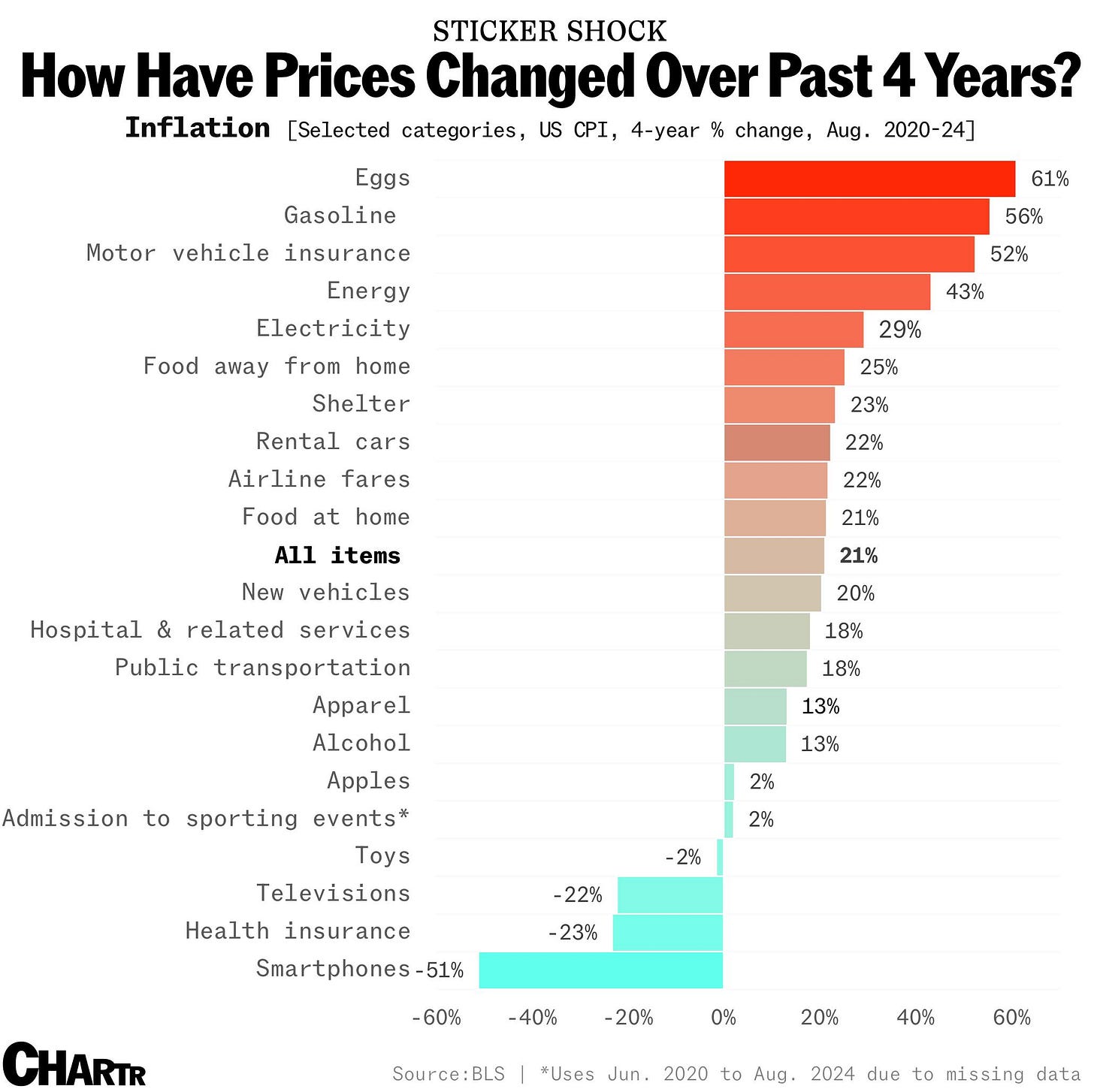ZD 24.28: Go-Go HarDCore AI Quarterly
Getting hardcore with AI tool reccomendations.
In this issue: Wrestling with rivers; being better online; mixing Go-Go and HarDCore; Obsolete Sony wonderland; the AI Tools Quarterly.
The Distilled Spirit
🌊 Wrestling with Rivers (Uncharted Territories)
The relationship between society and rivers runs deep. Mankind has long wanted straight rivers that never leave their banks. Rivers do not want to be straight and often leave their banks. They must deposit the sediment somewhere. This battle has shaped society, economies and empires at times. Thomas Pueyo dives into how this works and why with plenty of visual examples.
💻 I’m Better Online (TheNewConsumer)
The generations who have spent the most time online — the Gen Z and Millenials — lean towards feeling more like themselves when they are online than when they are offline. This trend started to appear during the pandemic but it has persisted since we went back to in-person events. Even in Boomers, who are much more comfortable online than before.
🎸 DC Go-Go HarDCore (WETA)
DC has two native music forms in the 1980s: Go-Go and HarDCore Punk. Both forms of music obviously pulled fans from very different communities but both forms also shared an aggressive energy that could potentially pair well. On September 23, 1983, Go-Go band Trouble Funk and Minor Threat jointly headlined a show in DC. From the flyer, It seems like they folded this newfangled hip-hop into the show — a “scratch-rap” band New York and the Static Disruptor — was also on the program. Beer and wine were served. I’m not sure what to make of the other surviving flyer. Looks like it could have been a good time.
🎧 The Final Cassette Walkmen (ObsoleteSony)
Sony has been a taste-making company for a long time. The pinnacle of that taste — a device that changed the world — was the Walkman. The cassette tape eventually became obsolete, but not before Sony made very advanced players to try and keep up with newer mediums. Obsolete Sony tells stories like this and more — it is all about the taste-making company and well worth the read.
AI Tooling Quarterly
AI is advancing at breakneck speed. Moving forward, I'll provide quarterly updates like this one. The focus? AI tools you should be eyeing right now, with a glimpse into the near future. Without further ado, here are the AI tools for the third quarter of 2023.
🗣 ChatGPT remains the market leader. While they can't name versions, GPT-o1 is a new breed that approaches problems differently. The built-in reasoning is very good; this feels a lot like the moment where GPT-4 dropped and it was slow and buggy but much better than everything out there. The audio and visual side just keep getting better. And custom GPTs work really well for making small AI tools for solving problems. If you're asking where to drop your $20 monthly AI budget, this is my top pick.
📚 Claude is the brainiac of the bunch. It handles massive documents—or "context windows" in AI-speak. If you want to work with novel-sized documents, this is your tool. Engine-wise it is not a slouch — Claude 3.5 Sonnet was arguably the best AI engine out there until GPT-o1 crashed the party. Claude's other advantage is Artifacts. Artifacts are little programs that Claude will generate and run in your browser. Unlike in ChatGPT, which might be able to generate the app but you will need to save it to disk to execute it. You can even share artifacts with friends. Claude has some advantages and is certainly not a bad choice.
📰 Perplexity’s strengths lie not in its engine — it just uses ChatGPT and others — but in the real-time data and interface the team puts on top of it. It has the capability of seeing current events in addition to basic LLM tasks. The superpower is that it links to sources when it sends back information, allowing you to verify and judge how much you trust it pretty effectively. Their pages feature packs a punch for certain workflows. As a bonus, you might already have a free account available. Perplexity is on a user-acquisition spree, bundling subscriptions with services like Uber One, LinkedIn Premium, and Xfinity Rewards. You might be able to kick the tires without a bill.
📝 Google's NotebookLM started as a cool concept but fell flat in execution. I even tried to use it for this publication early on before giving up. The idea itself is solid — load sources into a notebook and have an informed chat with them. It just didn’t work too well or solve a problem. Things have improved. Gemini upgrades have boosted its summary and advice game. The best part is a nifty feature that turns your notebook's sources into a two-person podcast.
I took it for a spin by uploading a few newsletter editions. I added a background and some captions. Check it out for an example of what it can do below, the output is pretty engaging. I could see it being a great way to catch up on a story or publication.
Zeitgeist Discussed 1h2024
Google has updated NotebookLM with the ability to generate audio overviews of it’s content. The output is a two-person podcast discussing the work. It is quite entertaining to be honest.
🍎 One AI development I'm itching to try in the coming months is Apple Intelligence, set to debut with iOS 18.1. Here's the thing—prompts are neat, but they're not the endgame for most folks. People crave smoother interactions with their data and world. If anyone can nail this, it's Apple.
Thanks for reading the first AI Tooling Quarterly. I hope you enjoyed, stay tuned for the next edition.
Consumer Pain
The Fed has declared victory over inflation. We are having a two-for-one graphic special to mark the occasion.
First up: Inflation left scars in our psyche. Chartr shows the cumulative effects.
Second: Genuine Impact shows some of the current-day outcomes.
Did you enjoy reading this post? Hit the ♥ button above or below because it helps more people discover great Substacks like this one and it helps train your algorithm to get you more posts you like. Please share here or in your networks to help us grow!






